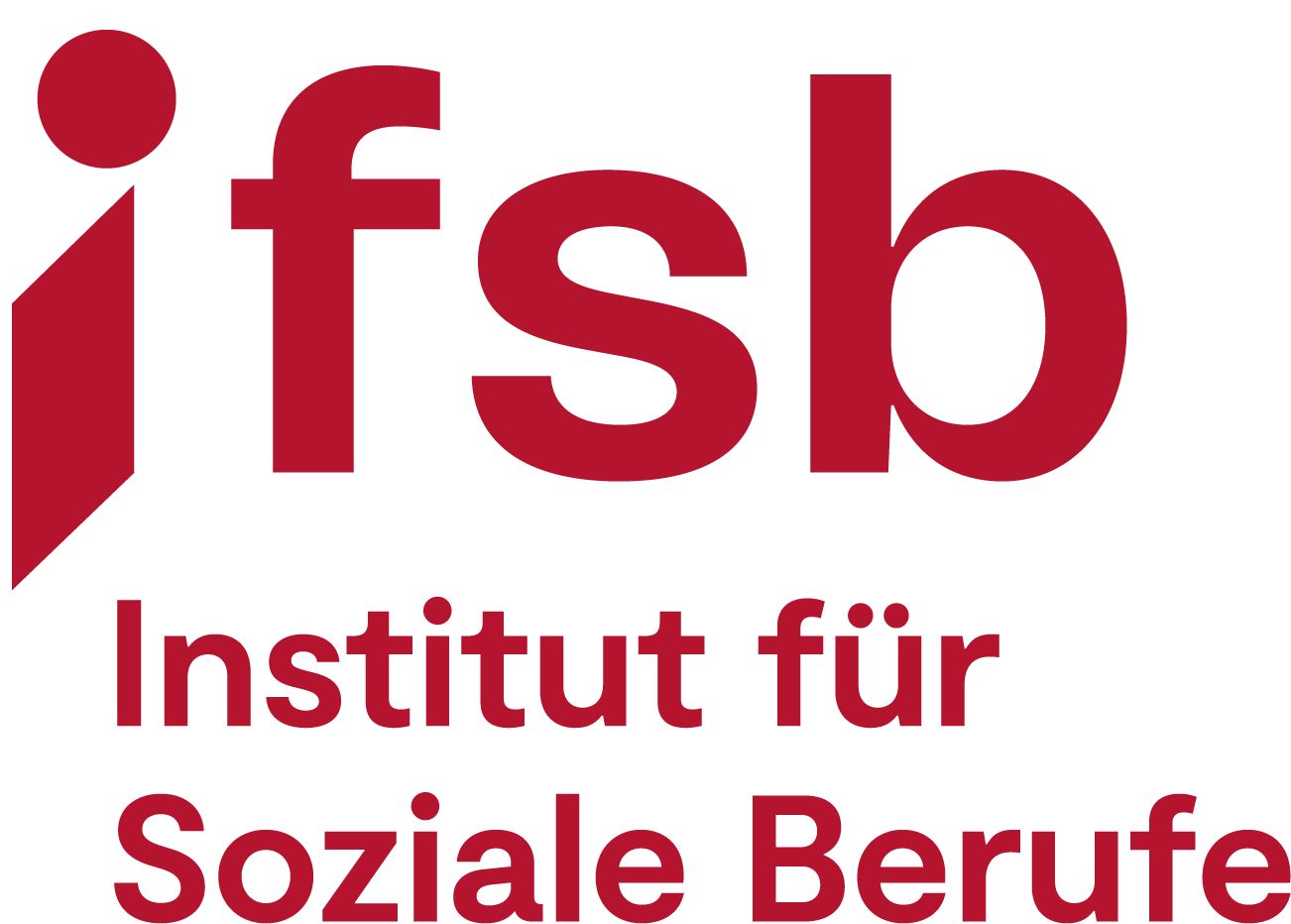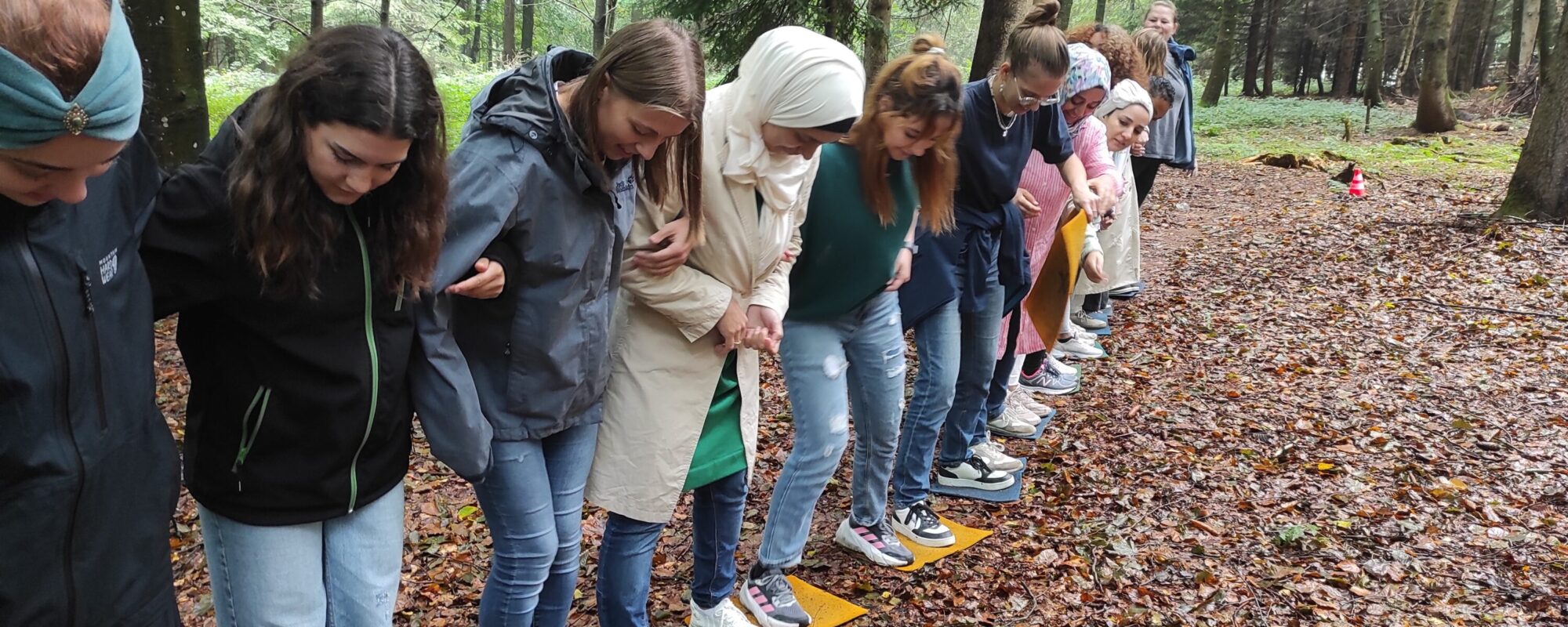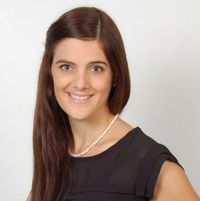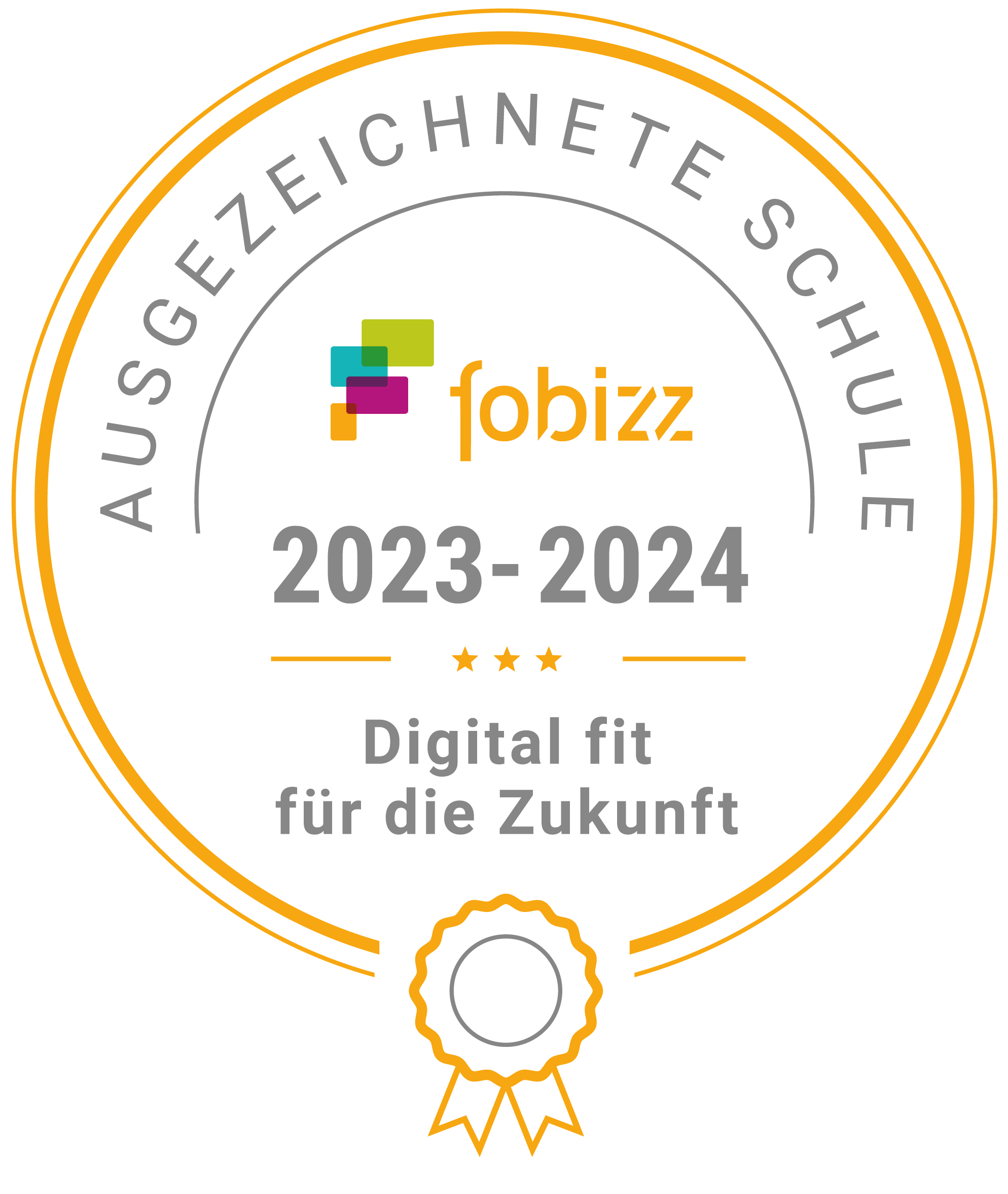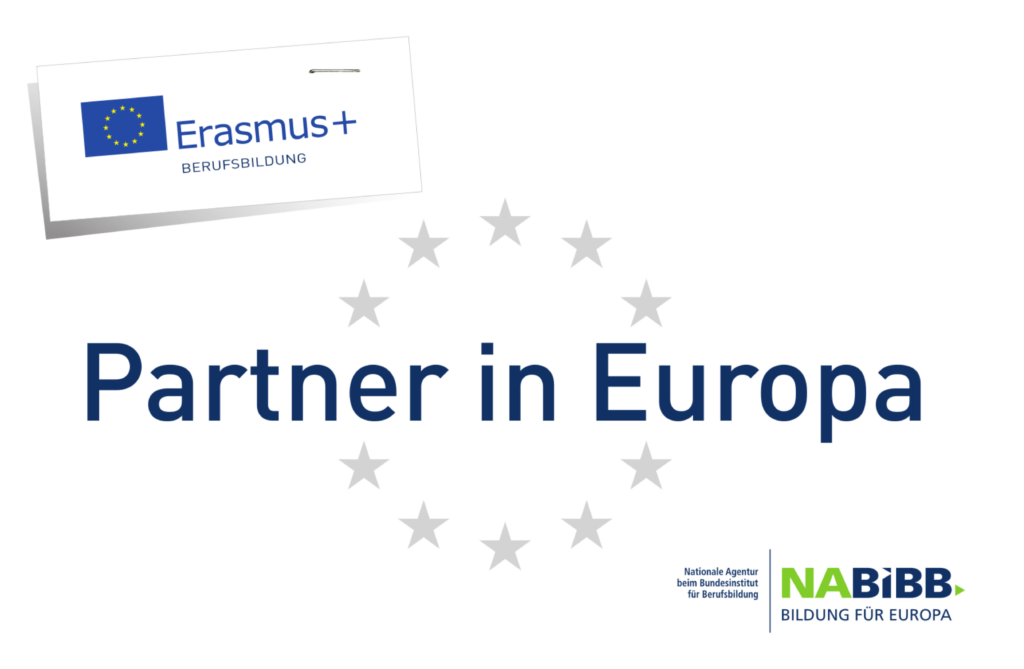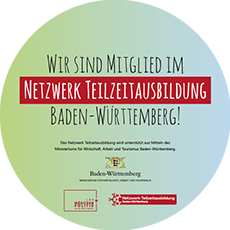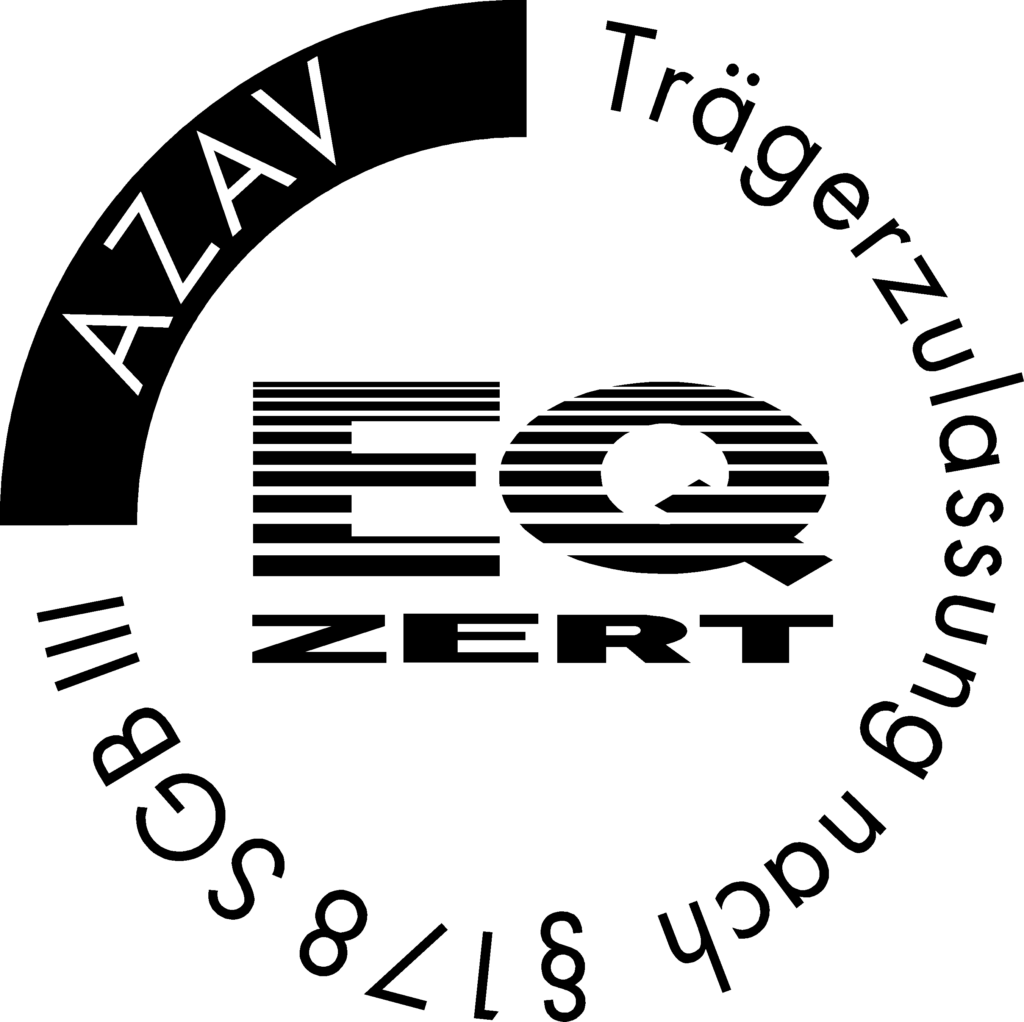The Institute
The Institute has been a centre for education and training in social professions for more than 50 years. Our Institute under Catholic leadership consists of more than a dozen vocational and technical schools as well as the academy for further education. More than 1900 women and men of different origins and ages learn a social profession with us. 135 full-time teachers and close to 100 additional honorary lecturers accompany our students on their way into a varied professional life. After their academic training, the teachers have usually proven themselves in responsible tasks in practice over several years.
The aim of the Institute
Working together, learning from each other and practising interdisciplinary and interprofessional thinking together – these are our goals! The promotion of mutual exchange of professional knowledge, theoretical basics and practical experiences of students and teachers is the basic aim of the Institute. The constant exchange contributes significantly to the continuous development and improvement of the curricula.
Three special features of our programme: theory-practice interlinking, personality development, Christian view of humanity
Affiliation the learning locations: school and practice
The close cooperation between school and practice is an essential element of the Institute’s work. This is reflected in the regular exchange between the instructors, the representatives of the practice institutions and the students. We offer further training for practical instructors and involve specialists from the practice in our training and further education.
Personality development
We are open to people of the most diverse backgrounds and convictions. „The reason for this commitment is our interest in people. The conviction that God created each person uniquely out of love motivates [us …] to support fellow human beings in the development and unfolding of their personality.“ (The German Bishops, Quality Criteria for Catholic Schools, Bonn 2009)
In addition to the training of professional expertise, we focus on the development of personality. We therefore understand education as a holistic process, which is expressed, among other means, in our self-image as a teaching and learning community: we want to learn from each other and with each other. We support the students in their strengths and challenge them to learn new things. Thus, at the Institute there is the possibility via ERASMUS+ to complete parts of the education in other European countries (e.g. internships).
As teachers, we strive to interact with colleagues and students person to person.
Human dignity – the Christian image of the human being as a basis of education
Preparing students for independent professional and social activity in the areas of education, participation and care also involves an intensive examination of the value foundations of life. At the centre of our work is the inalienable dignity of human beings in their image of God. In social professions, people often encounter each other in their vulnerability – regardless of whether the other person is young or old, brilliant or severely mentally handicapped, strong or helpless, independent or largely in need of care, professional or client.
On the basis of the Christian image of man, we therefore see it as indispensable that all people are treated with dignity and respect, regardless of their origin, living situation, age or disability. In the context of education, this includes both the examination of basic philosophical-theological questions and, subsequently, the study of human rights issues, such as the UN Convention on the Rights of Persons with Disabilities or the UN Convention on the Rights of the Child. In an atmosphere of openness, also for religious questions, we give impulses for the personal path. We advocate for the development of the quality of life of each individual and see ourselves as an advocate for those who are disadvantaged and at risk of exclusion.
The partners
The Institut für Soziale Berufe Ravensburg gGmbH is a non-profit institution under Catholic sponsorship. We are a member of the Caritas Association of the Diocese of Rottenburg-Stuttgart. The four equal partners are:
- Stiftung Kloster Hegne [Foundation], 78476 Allensbach-Hegne
- Stiftung Liebenau [Foundation], 88074 Meckenbeuren
- Kongregation der Franziskanerinnen von Sießen [Congregation of the Franciscan Sisters of Sießen] – German Province
- St. Elisabeth-Stiftung [Foundation] Reute, 88339 Bad Waldsee
The Commercial Director is Philip Kling.
Erasmus+ at the IfSB
Have you always dreamed of going abroad? We make it possible!
During your training, you can complete your internships abroad. We have many partner institutions in Europe with whom we are in constant contact. The Institute has many years of experience in preparing, accompanying and following up on trainees who do a placement abroad. You will not be left alone and will always have supportive contacts.
As an Erasmus+ accredited institution, we at IfSB can offer you financial support while you gain your pedagogical experience in Spain, for example, in a day-care centre or a residential group. Relaxed meetings in the evening with new colleagues are, of course, still possible.
Internships abroad are possible in all training programmes. So take advantage of it, because an internship abroad broadens your horizons and enriches you professionally and personally, and such a stay abroad always looks good on your CV as well.
Special feature of the pre-school teacher training in Ravensburg:
European class in Practice Integrated Training
Do you like to go abroad? Then the European class in the practice-integrated training form for educators is just right for you. Combine a 15-week internship abroad (funded by Erasmus+) in a socio-educational institution in Europe with diverse practical experience in Germany.
The training in the European class Practice Integrated Training comprises a total of 3 years. During the entire training you will be in a provider position.
First year of training:
In the first year of training, you will spend 3 days a week at the vocational school and 2 days a week in practice between September and March. From March onwards, the 15-week block placement takes place in another European country and is intensively accompanied by us.
Second and third years of training:
During the second and third year of training, you will alternate between theory and practice for 2.5 days each. In the second year of training, there is also a 3-week foreign internship, which can also be completed abroad (financially supported by Erasmus+). In addition, the European class Practice Integrated Training undertakes a study trip to Strasbourg to the European Parliament with visits to intercultural and bilingual institutions.
Are you interested in intercultural diversity and the exchange with people from different backgrounds? Are you open and ready for new experiences? Then apply now for the European class Practice Integrated Training.
If you would like to find out more about the Institute, please contact
